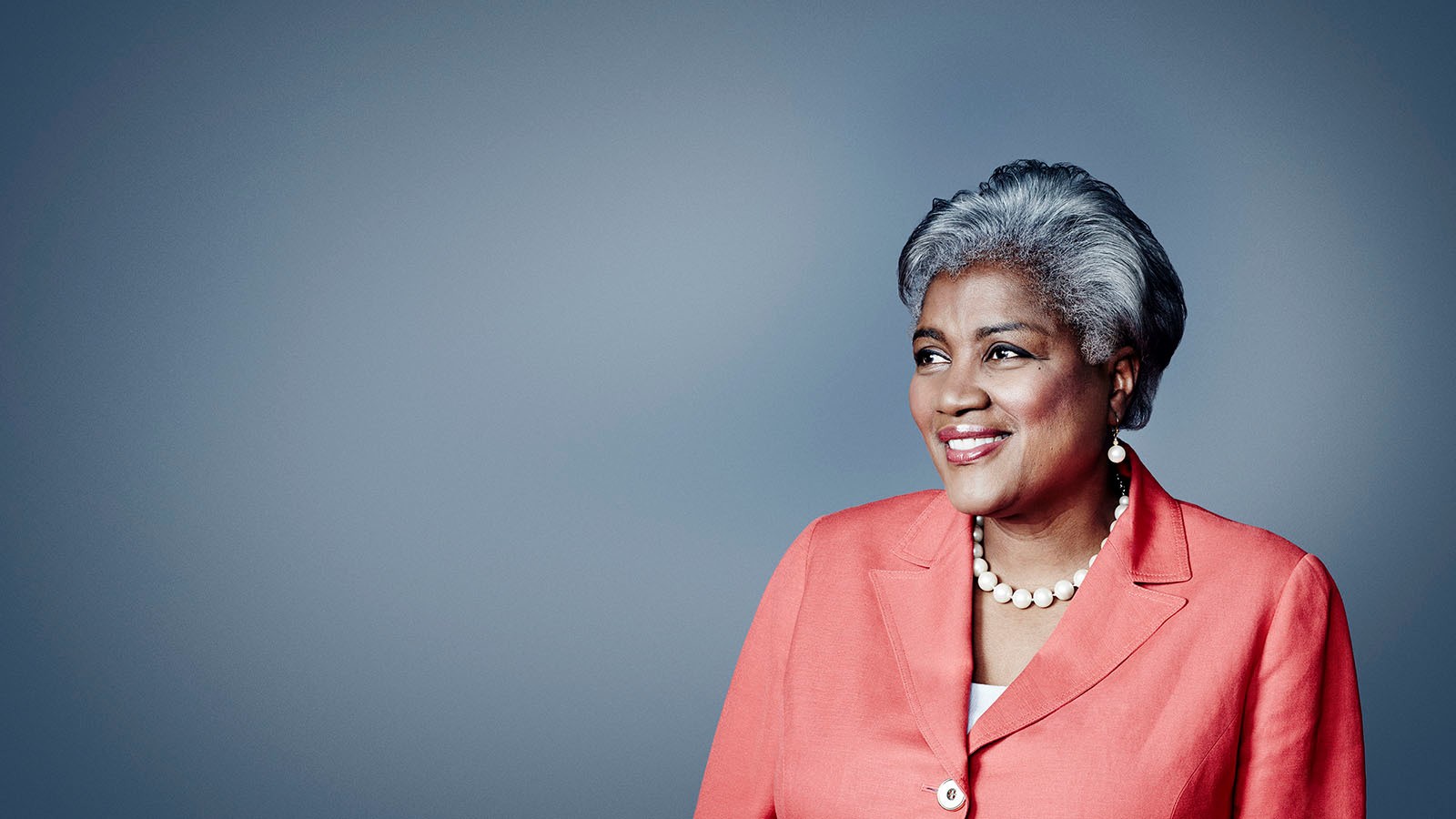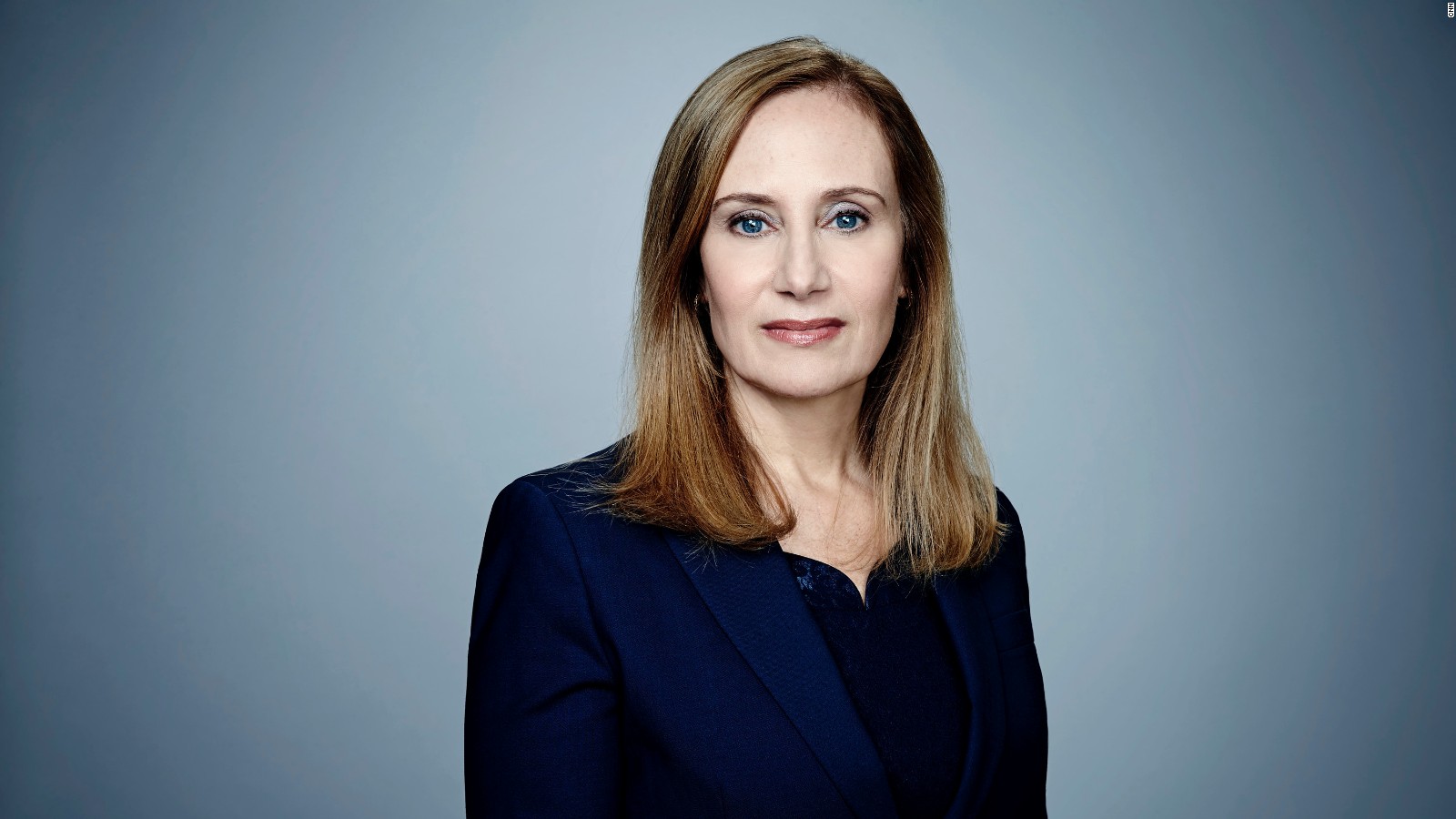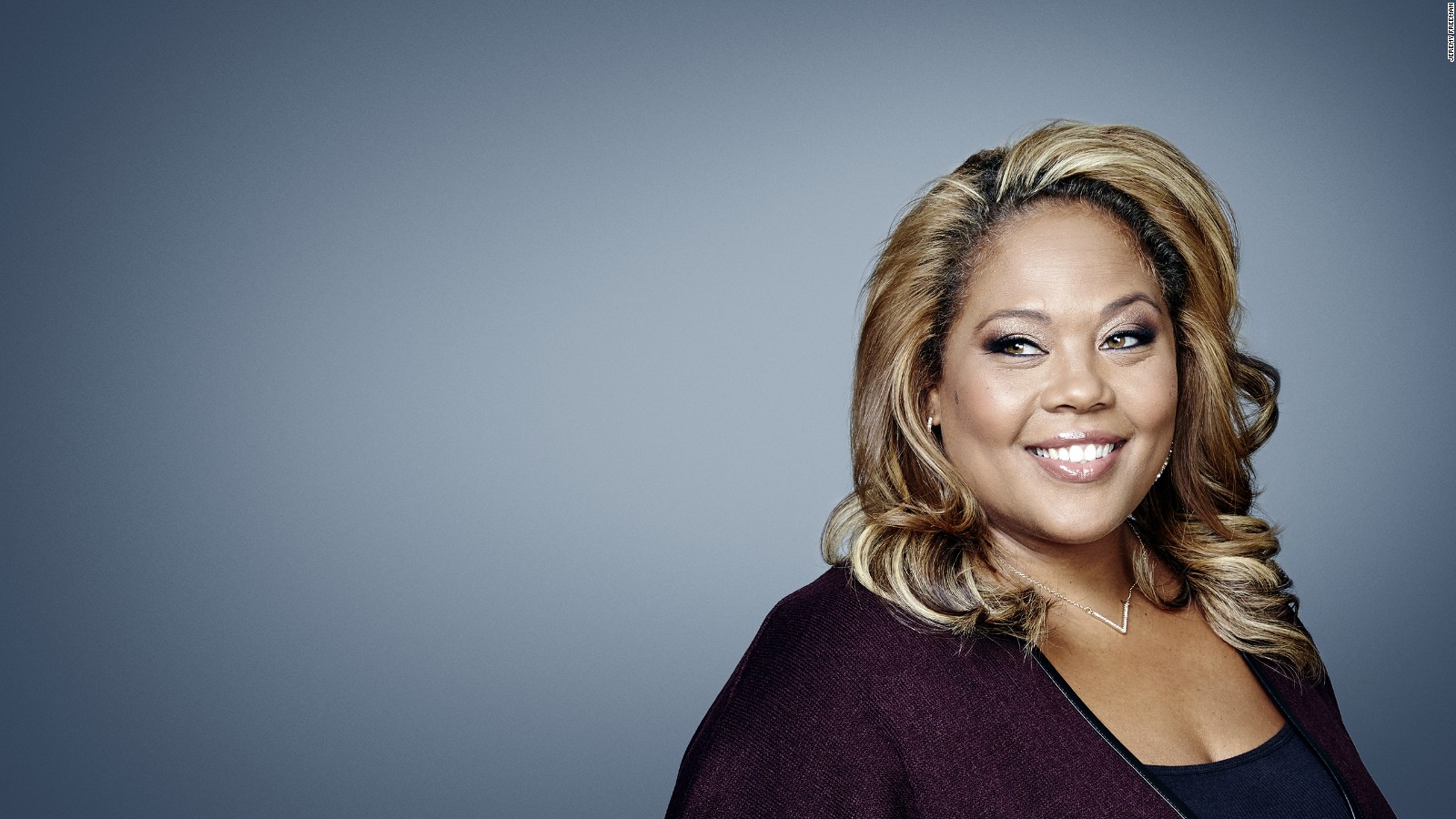The big Republican debate winners were Sen. Ted Cruz, Sen. Marco Rubio, Gov. John Kasich and ex-Gov. Jeb Bush, who got an opportunity to talk about issues and engage one another without the looming presence of Donald Trump. In past debates, moderators and other candidates wasted valuable time clearing the never-ending backlog of personal insults, outrageous proposals and made-up facts by Trump.
Without Trump onstage, candidates and questioners alike could talk about the substance of the race for president: issues like immigration policy, national security and the government's role in growing the economy.
Cruz, Rubio and Bush had room to embark on an especially illuminating debate about who championed which side in the failed 2013 effort to pass comprehensive immigration reform legislation, aided by moderators who played videos of Cruz and Rubio appearing to favor a path by which undocumented immigrants might become citizens -- a position now considered "soft" by the conservative base of the GOP.
"We are not going to round up 12 million people, but we're not going to go around handing out citizenship cards either," Rubio said. His rivals pounced: Rubio "cut and run" when opposition to the legislation sprang up, said Bush. Cruz seconded that assessment, drawing a harsh response from Rubio ("This is the lie that Ted's campaign is built on," he said).
It wasn't pleasant, but it also wasn't crazy, or clouded by petty personal wisecracks -- and it gave viewers a good look at the candidates' position on immigration.
The debate's losers were the candidates -- Sen. Rand Paul, Dr. Ben Carson and Gov. Chris Christie -- who resorted to gimmicks but simply failed to shine. Paul had supporters in the hall who loudly shouted after every statement by him, but Paul's anti-interventionist approach to national security marked him as an outlier in his own party.
Carson wandered into a word salad in one answer about how to deal with Russia ("Putin is a one-horse country: oil and energy") and at the end of the debate -- instead of giving a closing statement -- oddly recited the preamble to the Constitution and said "Folks, it's not too late. Enough said." Christie's one-liners seemed practiced rather than powerful (The days of the Clintons in public housing are over.")
The debate's winners go into the Iowa caucuses with a last-minute lift; the losers, according to the polls, were already floundering and got no help from their performance.
Errol Louis is the host of "Inside City Hall," a nightly political show on NY1, a New York all-news channel.
S.E. Cupp: Rubio overshadows Cruz
As is generally the case, Donald Trump was a nonfactor in this debate. The only difference this time is, he wasn't actually there. Yet again, Ted Cruz, Marco Rubio and Chris Christie emerged as the best debaters of the night, with Rand Paul benefiting from the additional time afforded by Trump's absence.
If you're one of the 40% of Iowa caucus-goers who are reportedly still undecided, you got a great education in the differences between the substantive candidates in the GOP primary tonight. From immigration to ISIS, vets issues to criminal justice reform, it was an enlightening, informative night.
Tangentially, while debates are not Jeb Bush's strong suit, he was far more focused and relaxed tonight, perhaps because he wasn't distracted by the Orange One for once. His defense against being perceived as "establishment" -- joyfully bearhugging his mom, dad and brother -- was the kind of easy-going, good-natured and confident Jeb that his supporters should want to see more of.
Winner: Marco Rubio. From style to substance, and even in the face of attacks from nearly every candidate on the stage, Rubio proved he has the chops to take on Hillary Clinton or Bernie Sanders as the voice of a new generation. He was quick on his feet, studied, disciplined, personable, decisive, funny, and natural. In a night focused on Cruz, he overshadowed.
Runner up: Chris Christie. The drumbeat that he's delivered conservative policy to liberal New Jersey is effective and compelling. His disciplined focus on continually turning the debate back on Clinton forces you to visualize him in the general election. It's clear for Christie, the primary is just temporary housing, where for some others, the primary is where they plan to retire.
Second runner-up: Republican voters, who finally got a fully substantive debate devoid of Trump's incoherent blurting and debate moderators' Trump fixation.
Loser: Ted Cruz. Don't get me wrong -- Cruz was great tonight. He looked like a frontrunner, he delivered some effective lines. His stance against ethanol subsidies -- in Iowa -- was right and courageous, given the room. But if anyone had a better performance (and I believe Rubio and Christie did), with the stakes this high, with Trump absent, with Iowa on the horizon, it's a loss for him.
S.E. Cupp is the author of "Losing Our Religion: The Liberal Media's Attack on Christianity," co-author of "Why You're Wrong About the Right" and a columnist at the New York Daily News.
Julian Zelizer: Cruz stumbles
This was the first debate where the Republican candidates had a chance to speak without Donald Trump standing among them on the stage.
Most of the candidates took shots at Ted Cruz. Rubio raised questions about why Cruz supported budgets that cut defense spending. Marco Rubio questioned Cruz's claim that he was the most conservative candidate in the race, saying that he would "do or say anything to get votes." Chris Christie characterized Cruz as part of the "Washington establishment," while Rand Paul, who has been a non-presence for months, blasted Cruz for claiming that everyone but him was for amnesty.
Cruz stumbled when he displayed some of his temper. He tried to talk when it was not his turn and complained that every question revolved around attacking him. He was booed when he refused to be quiet.
Without Trump by his side, in fact, Cruz seemed much smaller. Rubio also struggled when he had to watch the montage of video that revealed his changed positions on immigration policy. Cruz had to sit through a similar montage of his own on immigration.
Was there actually a winner? If there was, it was probably Donald Trump. As Cruz and Rubio took some shots to their reputation, the low voltage atmosphere made it clear why so many voters were more interested in hearing and following Trump on the campaign trail.
Winner: Donald Trump
Loser: Ted Cruz
Julian Zelizer is a professor of history and public affairs at Princeton University and a New America fellow. He is the author of "Jimmy Carter" and "The Fierce Urgency of Now: Lyndon Johnson, Congress, and the Battle for the Great Society."
Laura Belin: Candidates shadow box with Hillary Clinton

Laura Belin
Someone absent from the debate stage was targeted early and often by candidates seeking to impress Iowa caucus-goers. In a surprising twist, it wasn't Donald Trump.
Marco Rubio and Chris Christie avoided challenging the man who's way ahead of them in early state and national polls, while treating multiple questions as invitations to attack Hillary Clinton.
From his first answer to his closing remarks and several times in between, Rubio promised to beat the Democratic frontrunner ("Hillary doesn't want to run against me, but I can't wait to run against her"). He reminded viewers that Clinton floated President Barack Obama as a possible Supreme Court appointee.
Echoing lines he tested in earlier debates, Rubio asserted that use of a private email server and actions related to the Benghazi attack had "disqualified" Clinton from being president.
Former U.S. Attorney Christie repeatedly pressed his electability argument, saying he can best "prosecute the case against Hillary Clinton." A question about fighting ISIS in Libya took a detour toward more criticism of the former Secretary of State, who "has so much to answer for" but has "refused to be held accountable."
Sounding more confident than in any previous debate, Jeb Bush twice assured Republicans he can beat Clinton with the "proven record of accomplishment" she lacks.
Rand Paul stayed out of the Hillary-bashing game and didn't mention her except when asked about Bill Clinton's conduct. He capitalized on being back in the primetime scrum by hitting key points that set him apart from the competition: audit the Fed, criminal justice reform, limits on NSA surveillance and being willing to "look at all spending" to balance the budget.
Paul won't grab one of the famous "three tickets" out of Iowa, but he surely energized his fans and may outperform his recent polling numbers on Monday night.
Winners: Chris Christie, Marco Rubio, Rand Paul.
Loser: Ben Carson
Ted Cruz and Jeb Bush neither helped nor hurt themselves (which could be considered a win for Cruz). John Kasich is a nonfactor here.
Laura Belin is the primary author at the website Bleeding Heartland. She has been covering Iowa politics since 2007, writing as "desmoinesdem." You can follow her @desmoinesdem.
Donna Brazile: Trump biggest winner...and biggest loser
Well, a Republican debate can still produce winners and losers, even without Donald Trump there to proclaim himself winner and call everyone else losers.
One clear winner was Fox News, especially moderator Megyn Kelly. The questions were so hard-hitting that Ted Cruz complained about them. And the use of video clips to hold the candidates to their past statements was devastating. Also, the Fox bottom line surely benefited from what was by far the most ad time of any debate so far.
Ultimately Donald Trump ended up being both the biggest winner and the biggest loser. He lost by squandering the opportunity to rise above the "squirmish" (thanks for the word, Sarah Palin) with Megyn Kelly and Fox News and to look a little presidential in the process.
But Trump was the winner because his poisonous populism has so utterly infused the GOP that all of the candidates to some degree sounded like Trump on the issues. Sons of immigrants Rubio and Cruz both have adopted Trump's xenophobic vitriol on immigration and refugees. And both Cruz and Christie gleefully parroted Trump's empty, saber-rattling approach to ISIS. If, as Chris Wallace said at the outset, there really is a battle for the "soul of the party," the GOP may have already sold that soul to Donald Trump.
Donna Brazile, a CNN contributor and a Democratic strategist, is vice chairwoman for civic engagement and voter participation at the Democratic National Committee. A nationally syndicated columnist, she is an adjunct professor at Georgetown University and author of "Cooking with Grease: Stirring the Pots in America."
Ruth Ben-Ghiat: Now the candidates channel Trump

Ruth Ben-Ghiat
We can thank Donald Trump for having boycotted Thursday night's GOP debate. His absence created some breathing space for the other candidates. Viewers got the chance to consider candidates' characters and platforms without the billionaire showman's dominating and divisive presence.
At the same time, this debate suggests that Trump has had an energizing effect on his rivals' communication style. They have sharpened their stances, adopted a more muscular and simple delivery and paid more attention to the emotional impact of their messages.
Not all candidates wish to follow the Trump method of persuasion. John Kasich, Ben Carson, Jeb Bush and Rand Paul have remained true to themselves in terms of public presentation, which in this election cycle has cost them in the polls.
But Chris Christie, with his habit of looking directly at the camera, has learned Trump's lessons: He kept his pugnaciousness but added some emotional softness when appropriate.
Marco Rubio was emphatic and engaged, banishing thoughts of his baby face and booties. Ted Cruz gave some fine answers, as on health care reform, but came across as petulant and snarky. He and Rubio were clearly battling for second-place standing.
Winner: Marco Rubio.
Loser: Ted Cruz.
Ruth Ben-Ghiat is a professor of history and Italian studies at New York University and a specialist in 20th-century European history. Her latest book is "Italian Fascism's Empire Cinema."
Tara Setmayer: Rubio shined; Cruz fell flat

Tara Setmayer
While Donald Trump was down the road putting on his publicity stunt sideshow pandering to veterans, the rest of the GOP field showed up and faced tough questions worthy of serious candidates running for the presidency.
The absence of Trump gave voters the opportunity to finally judge the other candidates free and clear of the Trump entertainment factor and distractions. There was plenty of oxygen left in the arena this time and it seems as though Jeb Bush was the biggest beneficiary.
By far this was Bush's strongest performance. He even bested Rubio in an exchange on immigration. But, it's just not enough to kick-start his fledgling campaign. Bush's message doesn't inspire or represent the future, whereas Rubio's does and that makes a huge difference when appealing to voters.
Many expected Ted Cruz to shine tonight. But his attempt to be snarky came across awkward and forced, mostly falling flat, as did his combative exchanges with the moderators. Chris Wallace smacked Cruz down after he complained about the questions (again) reminding him: "This is a debate."
Rubio took some expected hits during the immigration exchange, even though he offered a tough but pragmatic approach that would appeal to independents in a general election. What set him apart in this debate were his cogent answers on defining the threats that face this country and how to defeat them, particularly ISIS.
Rubio consistently demonstrates a command of the issues and delivers his answers in direct, relatable terms. In almost every answer, he managed to remind viewers of the disaster of the Obama administration and why Hillary Clinton must be defeated. By drawing that contrast, Rubio underscored why he's the candidate best suited to beat Clinton.
Winners: Marco Rubio, Jeb Bush.
Losers: Ted Cruz, Donald Trump (for throwing a tantrum and not showing up).
Tara Setmayer is former communications director for Rep. Dana Rohrabacher, R-California, and a CNN political commentator. Follow her on Twitter @tarasetmayer.
Dean Spiliotes: Rand Paul gets back in the mix

Dean Spiliotes
It should be clear to anyone watching this Republican debate that it is Marco Rubio, and not Ted Cruz, who the other candidates on stage view as the greatest threat to their nomination chances, beyond a missing Donald Trump.
Initial expectations for the evening were that the debate would center on Trump's absence and Cruz as the Iowa frontrunner-in-waiting. But it was instead defined by several key exchanges between Rubio and other candidates, including Rand Paul on national security, and Jeb Bush on immigration. Both Paul and Bush benefited from these exchanges, as well, but Rubio, despite seeming a bit overly amped and rehearsed at times, used them effectively to attack President Obama and Hillary Clinton.
Of the three governors who were present on stage in Iowa -- but who were primarily focused on New Hampshire -- Bush had a good night, followed by Chris Christie, who was second only to Rubio in his Obama and Clinton bashing.
Winners: Marco Rubio and Rand Paul -- Rubio for energetically holding his own as the center of attention, and Paul for turning in his sharpest debate performance thus far.
Loser: Ted Cruz, who was off his game, and did not live up to prior billing as frontrunner-in-waiting--behind Trump.
Dean Spiliotes is a Southern New Hampshire University Civic Scholar and founder ofNHPoliticalCapital.com.
Maria Cardona: A night to make Americans worry

Maria Cardona
The Ghost of Donald Trump loomed large over Thursday night's GOP debate. He was probably not far from the minds of many viewers. We can imagine they would nod politely, but inside, long for the one who was not there.
All in all, the GOP candidates demonstrated that without Trump on stage, it was difficult to hold America's attention. The debate showed once again that none of the Republican candidates (including Trump) could hold a candle to the Democrats' grasp of the issues Americans care most about.
In the area of foreign policy, the GOP candidates were a hot mess. Their answers were hyperbolic, bellicose, exaggerated, and many times void of any facts, their solutions untenable in the real world of governance and leadership. On Obamacare, the environment, Planned Parenthood, immigration and a myriad of other domestic issues, they were at times downright frightening -- again -- in the real world of real Americans.
They talked about getting rid of Obamacare, which would strip millions of Americans of health care. They discussed defunding Planned Parenthood, which would hurt low-income women in accessing preventive care, cancer screenings and birth control. They won't fight for climate change, which the global community is trying to fix. They don't support real immigration reform and would deny a fair path to citizenship for millions of undocumented immigrants who work hard and have deep roots in our communities. (Though Jeb Bush comes closest to acknowledging the need for reform.)
Marco Rubio was angry and preachy, and blatantly pandered to Christian conservatives every chance he got, going right at Ted Cruz's base. Cruz tried to deflect all the incoming on stage. He did well but seemed to wither at times. Most disconcerting to me and to millions of Latino voters was how the two Latino candidates fervently argued with each other over which one would treat Latino immigrants worse. Gracias! And say "adios" to the Casa Blanca amigos!
Winners: Christie and Paul did well, but this debate will not change their standing much.
And of course, Donald Trump, in his absence, demonstrated to his supporters that he does not adhere to the rules and will stand up for himself even against Fox News, "the way he will stand up for America."
Loser: The Republican "establishment."
Maria Cardona is a political commentator for CNN, a Democratic strategist and principal at theDewey Square Group. She is a former senior adviser to Hillary Clinton and was communications director for the Democratic National Committee. She also is a former communications director of the Immigration and Naturalization Service.








